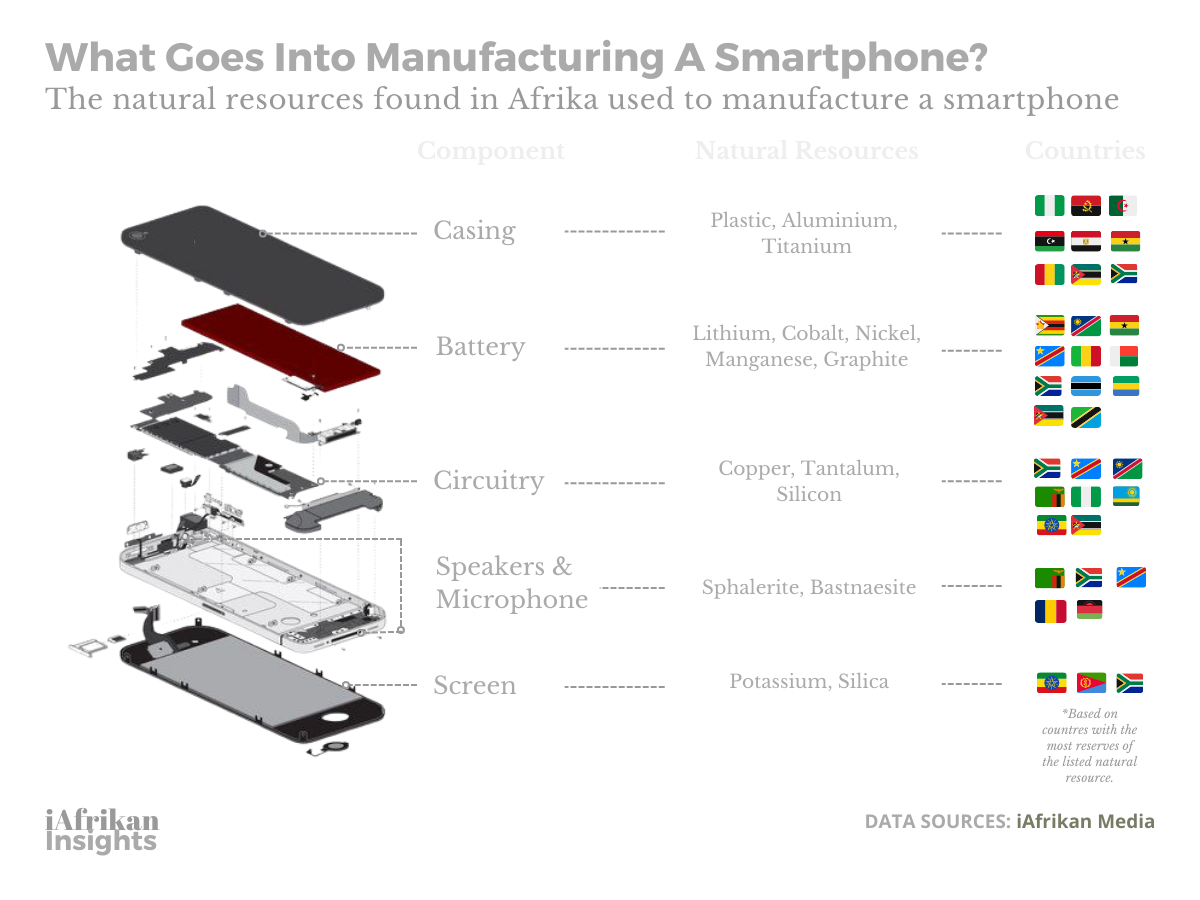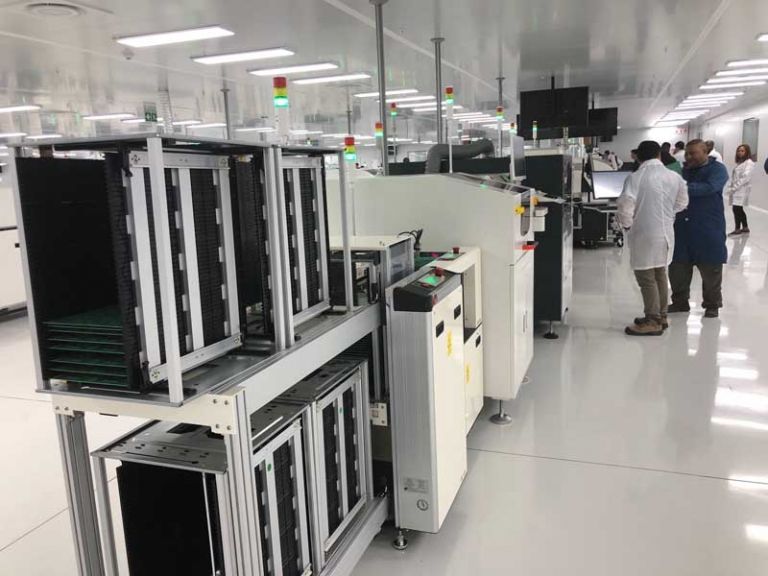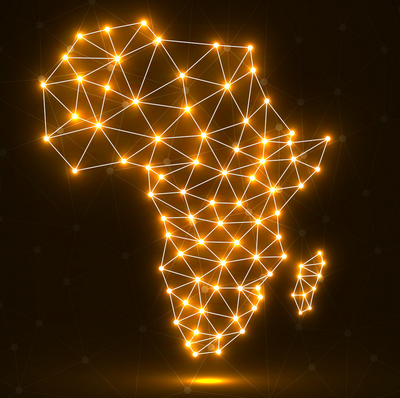Yekani Manufacturing’s factory in East London, South Africa has been shut down, liquidated and all assets sold. This is after becoming insolvent and unable to repay debts.
Launched in 2018 at the cost of R1 billion by then South Africa’s Trade & Industry Minister, Rob Davies, Yekani Group’s Yekani Manufacturing was positioned to compete on the global stage as a premier Afrikan electronics manufacturer. However, this has failed.
Yekani’s demise is reminiscent of the demise of Mara Phones. Mara Phones assembly plant near Durban was launched in October 2019 and touted as a cutting-edge facility that will help generate thousands of jobs. The facility was built to the tune of R1,5 billion. The company has since also been auctioned off for defaulting on repayment loans due to Standard Bank and the Industrial Development Corporation.

This week's top stories
The man who built Afrika's first-ever mobile network. Miko Rwayitare built TeleCel, Afrika’s first-ever mobile network in 1985. After founding TeleCel in 1986, Rwayitare would go on to expand the telecommunications company’s operations to 12 countries, namely: Benin, Burkina Faso, Burundi, Côte d’Ivoire, Gabon, Niger, Uganda, Central African Republic (CAR), DRC, Togo, Zambia, and Zimbabwe. At its prime, TeleCel had 15 telecommunications licenses and operated in 14 countries across Afrika. [Continue Reading]
Digital transformation in Afrika's pharmaceutical industry. BusyMed, is better known as a “Pharmacy in Your Pocket” and it partners with key industry leaders in medicine and healthcare to deliver quality affordable healthcare. Its founder and Managing Director, Mphati Jezile, believes that Afrika’s pharmaceutical industry has to fast-track its digital transformation efforts if it is to take full advantage of an increasingly tech-savvy customer base and growing demand for both traditional and new drugs in communities across the continent. [Continue Reading]
Standard Bank overhauls its IT department after outages. Standard Bank’s Chief Engineering Officer, Alpheus Mangale, who was the senior executive accountable for the stability of the bank’s IT systems, has resigned with immediate effect. The bank was struck by days of sporadic outages in April of last year, its smartphone app was not functional in September 2021, another pay-day disruption occurred in October of the same year, and another five-hour outage occurred in December 2021. This is all before the 21 May 2022 system disruption. [Continue Reading]
Shadowy Twitter subculture emerging in Zimbabwe. A shadowy Twitter sub-culture is emerging in Zimbabwe where celebrities, politicians, and businesses weaponize the platform and use “Twitter brokers” and their followers to get opponents suspended or denied the coveted verified badge. In Zimbabwe’s online lingo, Twitter brokers are individuals deemed credible enough by Twitter to write a pleading letter on behalf of someone’s account. They are the go-to for powerless comedians, merchandisers, activists, or ordinary citizens who suddenly find themselves suspended by Twitter. [Continue Reading]
Hacktivism as a means of protest. During December 2018 and January 2019, there were two online protests against the governments of Sudan and Zimbabwe. In both protests, the hacktivism group, Anonymous, used what is known as a Distributed Denial-of-Service (DDoS) attack to disable government-related websites in both Afrikan countries. Speaking exclusively to iAfrikan.com, one of the people involved in carrying out the DDoS attacks for Anonymous, Lorian Syriano, explained how they used DDoS as a form of protest. [Continue Reading]
Why aren't we manufacturing electronics?

Mineral resources have been at the heart of Afrikan economies for a long period of time, however, Afrikan states remain relatively poor relative to the natural resource reserves they have. As the world has transitioned into the digital economy there is an increasing demand for all sorts of resources that Afrika possesses. Afrika is home to all the natural resources used in electronics manufacturing (especially smartphones), as well as the computer chips that power them. So, why aren’t there any Afrikan chip manufacturers to solve the chip shortage problem?







